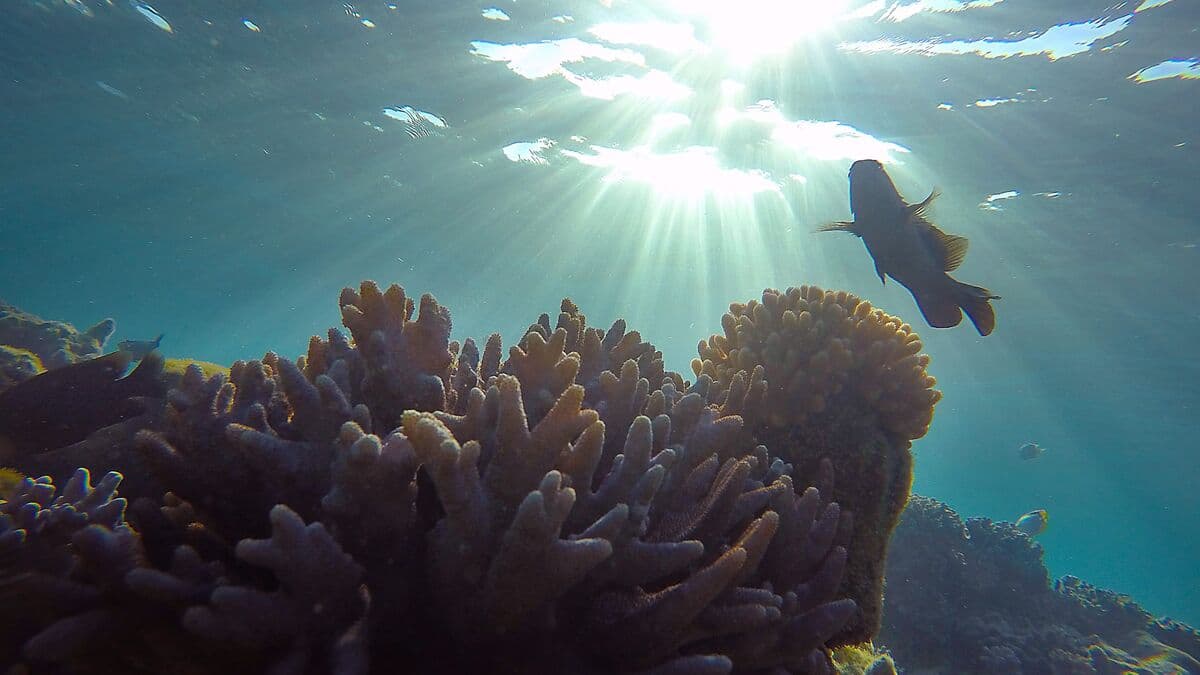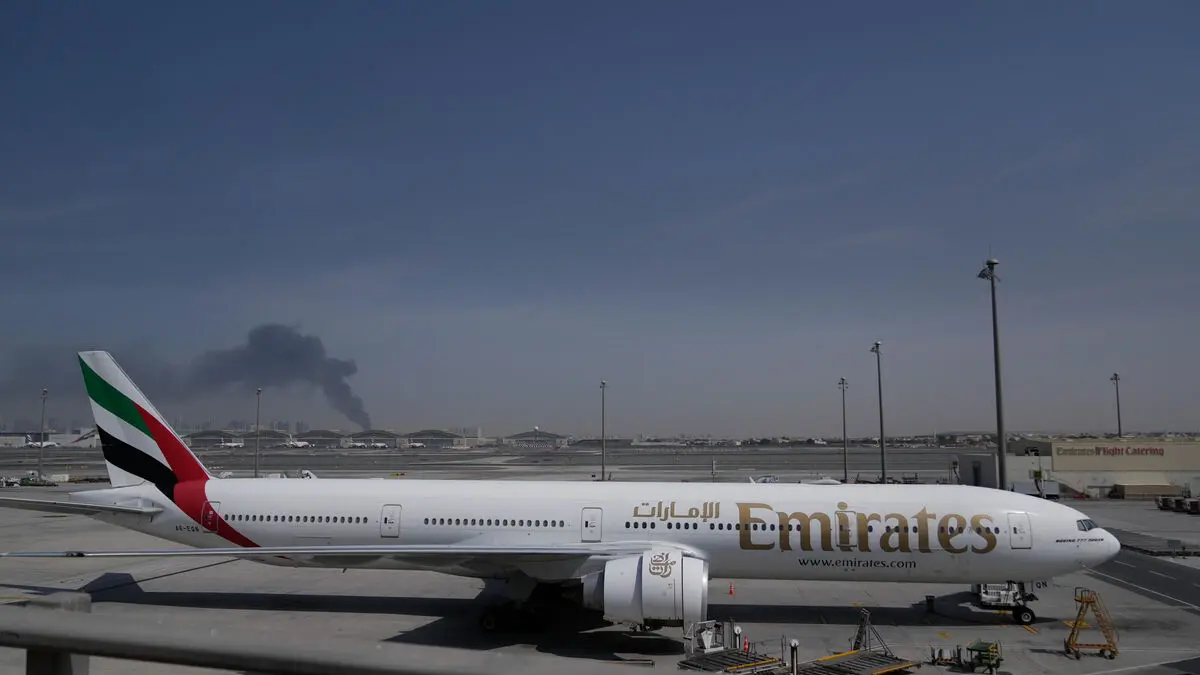The oceans are warmer than ever, and the warming is accelerating, warn the 70 researchers behind the Ocean State Report, which is being released for the ninth time.
No part of the oceans is unaffected by the so-called triple planetary crises in the form of climate change, loss of biological diversity, and pollution.
But the report also contains a lot of information that helps to make the decisions required to protect the oceans and their life-sustaining role, says Karina von Schuckmann, who led the work on the report.
At the same time, there is some hope with the global ocean agreement High Seas Treaty coming into force next year, she emphasizes.
It addresses many of the critical challenges highlighted in the report.
Here are some examples of how the oceans are changing, according to the report:
Worse heatwaves
Marine heatwaves have become more common, longer, and worse. They can cause coral bleaching and destroy seaweed beds. In Canada and the USA, "The blob" in 2014-2016 led to emaciated sea lions being stranded, krill dying, fish moving north, whales and seabirds dying inexplicably, some fisheries being closed, and others seeing their nets filled with the invertebrate pyrosoma.
Moving towards the poles
Entire ecosystems are shifting. Among other things, it has been noted that the areas where micronekton - organisms that are larger than plankton and drift with the currents, such as tuna feed on - are moving closer to the poles. This also forces the predators to follow.
Crab moved in
When the Mediterranean's longest marine heatwave to date was ongoing, from May 2022 to the beginning of 2023, the Atlantic blue crab thrived in the Po Delta in Italy. The problem is only that the crab does not belong there - it is an invasive species that caused the Manila clam farms to collapse, which hit the local economy hard, which is dependent on the mussels.
Unpleasant violent guest
Another unwelcome guest from the Atlantic is the beard worm, which thrives when the temperature around Sicily rises. The naturally living fish are extremely hard hit, as are those who fish for shellfish, who partly get their catch destroyed and partly risk getting painful rashes from the worm's poisonous sting.
World heritage sites are threatened
The Kvarken archipelago, the Wadden Sea, and the Norwegian fjords Geiranger and Nærøy are all marine World Heritage sites. These fragile and important areas are warming up faster than the global average and are thus threatened. Several coastal World Heritage sites - such as Alexandria, Venice, and the Greek island of Delos - can be flooded by rising sea levels.
The annual OSR is a flagship report from the EU's Earth observation program Copernicus. It is based on field measurements and satellite data and also uses powerful data models.
The report is aimed at decision-makers, other researchers, and the general public.
The study is published in the journal "State of the Planet".






